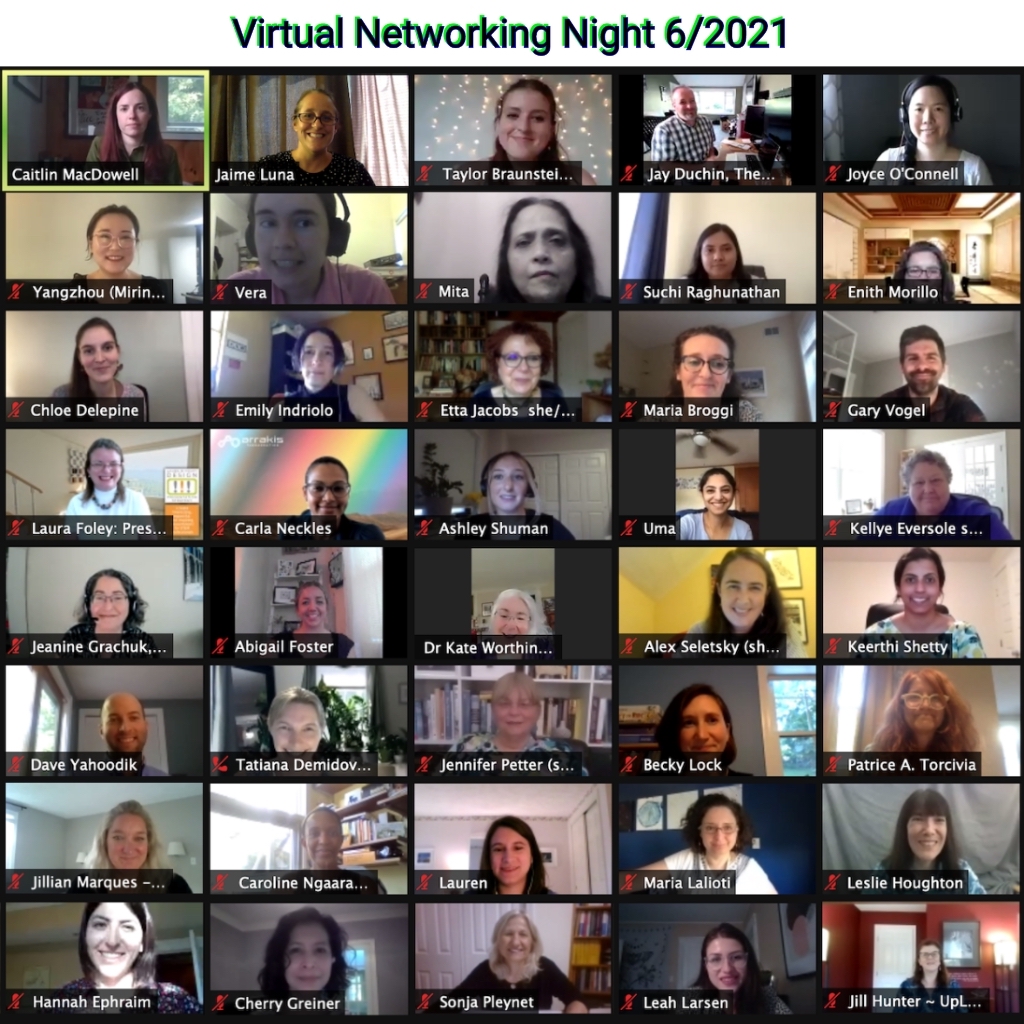Marketing Your Ideas (and Yourself)by Christiana DelloRusso, PhD September 28, 2008
Success often depends on presenting our ideas and ourselves to others. At a recent WEST event* four panelists with experience as executives in biotech and pharmaceutical companies shared their best advice on presenting ideas – whether to investors, boards, the press, or superiors.
1. Simplify and repeat What is your message? Simplify the presentation and avoid unnecessary technical details unless you’re asked for them. Stay on track to deliver your message, providing no more than 2-3 take home points. Also be ready to re-align any derailing of the conversation that takes you off message by being firm and optimistic, versus defensive and argumentative. If presenting as a team, be certain that the team is aligned with that message and practice together.
2. Exude confidence and conviction Become confident by practicing your presentation and constantly getting feedback from people you admire. Watch and learn from others who are exceptional, and ask for their feedback, even if over a cup of coffee. Believe in the work and in your own ability to deliver.
3. Prepare, prepare, prepare Be aware of the mix of personalities and communication styles you’ll be presenting to, and develop a relationship with a key liaison within the group to support you. For meetings with upper level management, have an agenda, efficient and concise bullet points of discussion, and prepare for questions by practicing your answers ahead of time. You may not be able to answer all of the tough questions, but you can anticipate the concerns that will arise.
4. Be flexible Listen closely to responses and adjust your presentation accordingly, even if it means eliminating your prepared slides or script. Watch body language and pay close attention to questions and comments. The group may be more prepared than you anticipated, may disagree with you, or may already be convinced and your job is simply to close the deal. Alternatively, a question may seem out of left field. Acknowledge the concern, and either probe further to figure out the context, or table the discussion for the moment, reassuring those concerned that it will be addressed.
5. Practice the elevator pitch Always be prepared with a one-liner, two-liner, three-liner, etc. for those quick moments of interaction by the water cooler that can make or break a deal, or a career. Know the people you might run into, initiate dialogue with a personal comment (“How was your son’s birthday party?”), and be ready to quickly bring up your topic (“Hey, I did want to talk to you about…”). Also develop and practice your own personal career pitch- a good start is to practice answering the question, “So what do you do?” The brief answer should provide a sense of your breadth of experience, your applicable technical expertise, and one accomplishment they’ll remember.
6. Always look professional Your wardrobe, makeup, perfume, and hair should not be noticed, either for being unkempt or overdone. It’s ok to bring out your own style, but the audience should remember the presentation, not your outfit.
*The WEST Event " "Marketing Your Ideas (and Yourself) in Business” was held on September 18 in Cambridge MA.
|













